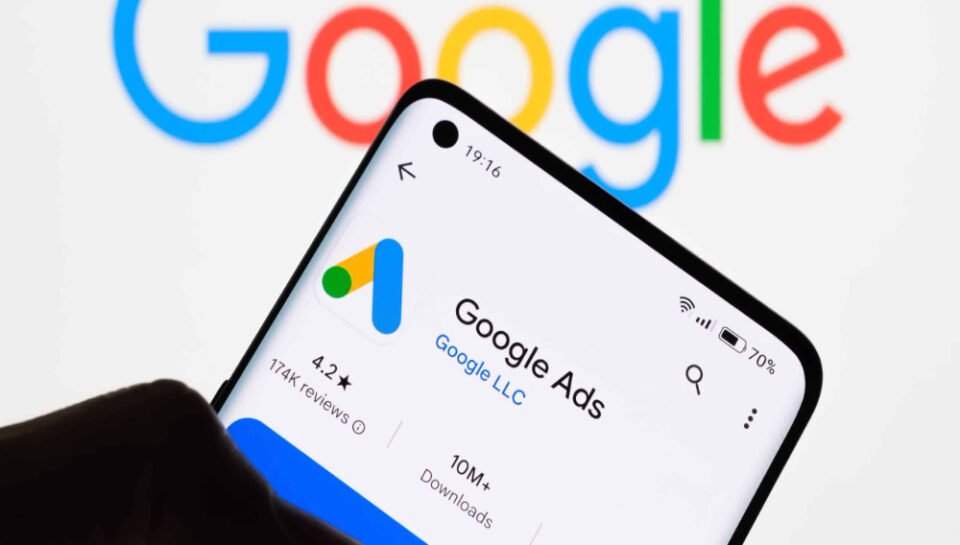
Detail how bidding works in Google Ads
Introduction
Google Ads is one of the most powerful online advertising platforms, enabling businesses to connect with users actively searching for products or services. At the core of its success is a sophisticated bidding system that determines which ads appear, where they appear, and how much advertisers pay. Understanding how bidding works in Google Ads is crucial for running efficient, high-performing campaigns. It involves selecting a bid strategy, setting maximum bid amounts, and letting Google’s algorithm balance ad rank, quality, and budget to deliver the best possible outcomes. Whether targeting conversions, clicks, or visibility, mastering bidding techniques is essential for maximizing return on ad spend.
Understanding the Google Ads auction process
Every time a user performs a search, Google runs a real-time auction to determine which ads to show and in what order. This auction is not solely based on who bids the most—it evaluates several factors including bid amount, ad quality, and the expected impact of ad extensions. The auction ensures that users see the most relevant ads while giving advertisers the opportunity to compete fairly regardless of their budget size.
Defining maximum bid and ad rank
In Google Ads, your maximum bid is the highest amount you’re willing to pay for a click on your ad. However, winning the auction isn’t just about bidding high. Google calculates an ad rank score based on the bid amount, ad quality score, expected click-through rate, landing page experience, and relevance. The higher your ad rank, the better your ad position. Advertisers can sometimes outrank higher bidders if their ads and landing pages are more relevant and useful.
Manual vs. automated bidding strategies
Google Ads offers both manual and automated bidding strategies. Manual bidding gives advertisers full control over their maximum CPC (cost-per-click) for each keyword or ad group. Automated bidding, on the other hand, uses machine learning to adjust bids based on goals such as clicks, conversions, or impression share. While manual bidding provides precision, automated bidding simplifies management and can yield better performance at scale.
Enhanced cost-per-click bidding
Enhanced cost-per-click (ECPC) is a semi-automated bidding strategy that adjusts your manual bids to increase the chances of conversion. Google raises or lowers your bid in real-time based on the likelihood of a conversion. ECPC is particularly useful when you want to maintain control over bids but still benefit from Google’s smart optimization capabilities.
Target cost-per-acquisition bidding
Target CPA bidding allows you to set a desired cost per conversion. Google automatically sets bids to try to get as many conversions as possible at or below your specified CPA. This strategy works well for advertisers focused on driving conversions rather than just traffic. It’s important to have sufficient conversion data before using this strategy so Google’s algorithms can learn and optimize effectively.
Target return on ad spend bidding
Target ROAS (Return on Ad Spend) bidding focuses on maximizing revenue relative to the amount spent. You set a target return, and Google adjusts your bids to hit that target. For example, if you want $5 in revenue for every $1 spent, your ROAS target would be 500%. This strategy is best suited for e-commerce businesses and campaigns with clear transaction values.
Maximize clicks and maximize conversions
Maximize Clicks is an automated bid strategy that aims to get as many clicks as possible within your budget. It’s useful for increasing site traffic or brand visibility. Maximize Conversions, on the other hand, uses your budget to drive the highest number of conversions regardless of individual click cost. Both strategies are helpful when you want Google to optimize toward volume rather than specific cost goals.
Impression share bidding for visibility goals
Target Impression Share bidding is used when your goal is to increase brand visibility rather than clicks or conversions. You can specify where you want your ads to appear—such as the top of the page or absolute top—and what percentage of the time they should appear in those positions. This strategy is ideal for awareness campaigns, competitive positioning, or dominating key search results.
Bidding adjustments for device, location, and time
Google Ads allows advertisers to adjust bids based on factors such as device type, geographic location, and time of day. For example, you may increase bids for mobile users or during peak hours when conversion rates are higher. These bid adjustments give advertisers added control and allow fine-tuning of campaigns to align with business goals and audience behavior patterns.
Conclusion
Bidding in Google Ads is both an art and a science, blending strategy, automation, and performance data. Whether you’re using manual bids or sophisticated automated strategies, understanding how the auction works and how to set smart bidding goals is essential to campaign success. Each bid strategy offers different advantages depending on whether your objective is visibility, traffic, conversions, or revenue. By selecting the right approach, monitoring performance, and adjusting regularly, advertisers can make the most of their budget and achieve consistent growth through Google Ads.
Hashtags
#googleads #adwordsbidding #digitaladvertising #ppcstrategy #googleauction #targetcpa #targetroas #maximizeconversions #biddingstrategy #onlineads #adrank #ppccampaign #smartbidding #manualbidding #automatedbidding #enhancedcpc #clickoptimization #conversionstrategy #bidadjustments #costperclick #searchads #googlemarketing #semads #ppctips #adsperformance





